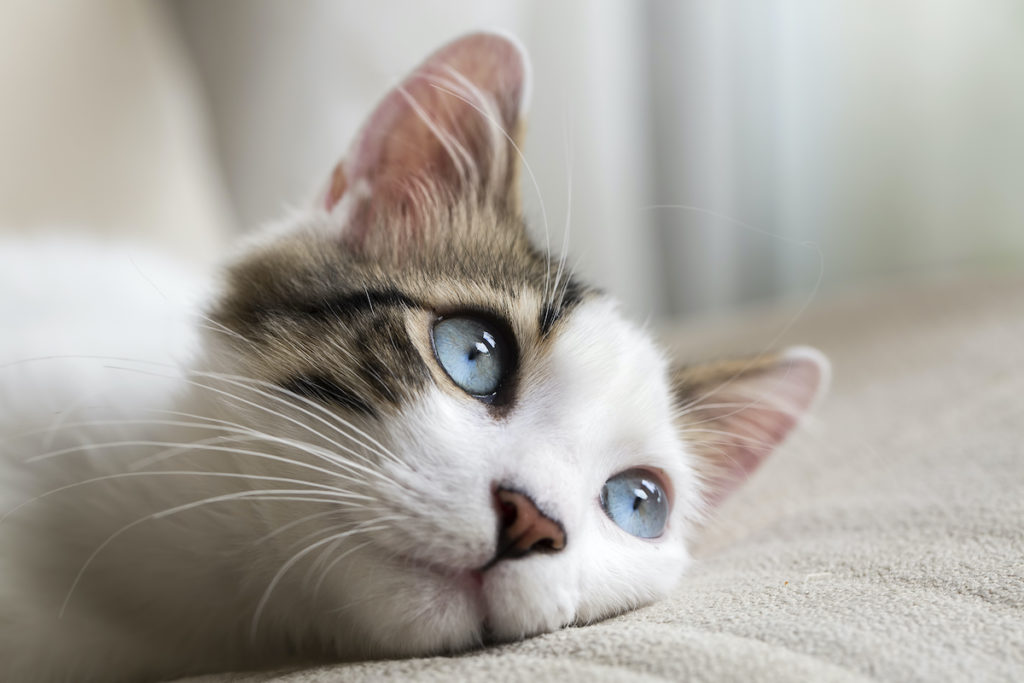One out of every seven cats has hypertrophic cardiomyopathy — a heart disease that causes the heart muscle to thicken. This disease can cause blood clots resulting in pain or death.
It’s commonly treated with Plavix®, a medication that’s also used in humans to prevent blood platelets from sticking together and forming clots. However, this medical treatment does not work for 20% of cats suffering from hypertrophic cardiomyopathy.
Researchers from the University of California Davis School of Veterinary Medicine wanted to know why. They found that some cats had a genetic mutation in the drug pathway that affected how well Plavix worked. Once a lab test is developed for this mutation, veterinarians will be able to prescribe the most effective treatment option for the individual cat with heart disease. That’s good news for cats and their people.
The Parsemus Foundation supports the growing emphasis on individualized — or personalized — medicine in the field of veterinary care.



